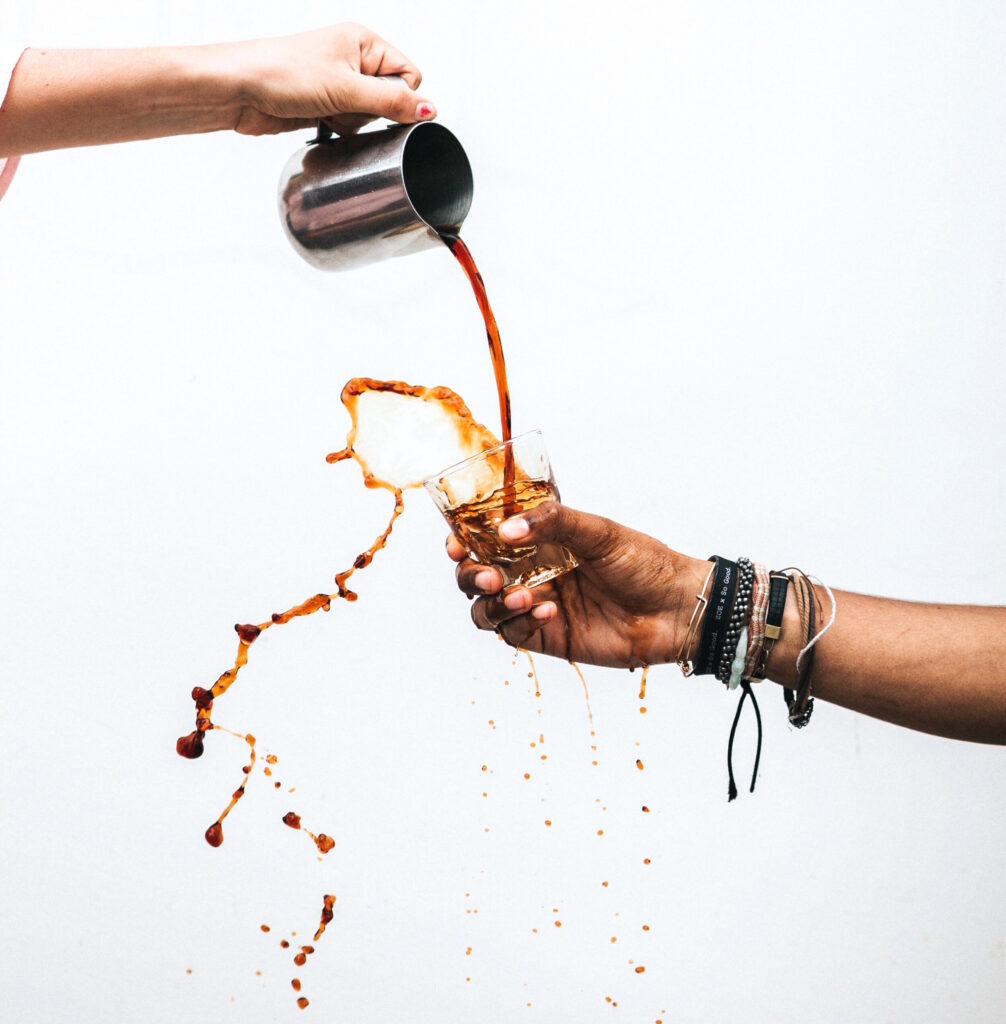There is endless data showing that we, in the United States, are more sleep deprived, overwhelmed, stressed out and mentally ill than ever. The National Alliance on Mental Illness estimates that mental illnesses, left untreated, cost our country $300 billion annually, as a result of lost productivity. In fact, nearly 1 in 5 adults Americans meet criteria for a diagnosable mental illness, and top of that list is anxiety.
Anxiety is both a debilitating illness and a treatable one. There are some things you can do at home to help yourself overcome anxiety. First, recognize that anxious people are not great statisticians. The anxious mind tends to confuse possibility with probability. For example, a man with a fear of flying will tell himself that if he gets on a plane it will crash. Is it possible that it will crash? Yes! Is it probable that it will crash? No! There is solid research showing that the risk of dying in a plane crash today is about 1 in 5 million (vs. a 1 in 500 risk of dying while walking down a street). If you want to reduce your anxiety, arm yourself with facts and become a good statistician!!!
Another strategy for reducing anxiety is calming your body. It is impossible for us to be anxious and relaxed at the same time. We have two parts of our brain that cannot both be activated at the same time: The sympathetic nervous system (which is our “fight, flight or freeze response” to danger) and the parasympathetic nervous system (which relaxes and calms the body). The sympathetic and parasympathetic nervous systems are like a light switch….If one is on, the other is off. They can’t both be on at the same time. So, the good news is that if you can train your body to calm down and practice it over and over again, you are less likely to be anxious.
One of the best ways to train your body to calm down is to develop a daily meditation practice. According to research by The National Institute of Health, meditation can help reduce stress, reduce anxiety, reduce depression, and increase an overall sense of mental and physical well-being. And the best news of all…..It’s free and you can practice it anywhere, any time. If you want to get started with some free guided meditations you can visit the UCLA Mindful Awareness Research Center.
One last tip: If you are prone to anxiety, break up with caffeine….That little cup of coffee is not your friend. Being overly caffeinated can cause many of the same symptoms people with anxiety experience: Rapid heartbeat, feeling on edge, restlessness, a sense of mental anxiety, shakiness, and jitteriness, etc. If you suffer from anxiety, you are very likely to misattribute those symptoms as signs of anxiety, when in reality you’ve just visited Starbucks one too many times.
Written By: Anna McCarthy, PhD /// The Mental Health Collective’s Co-Founder + Clinical Director
